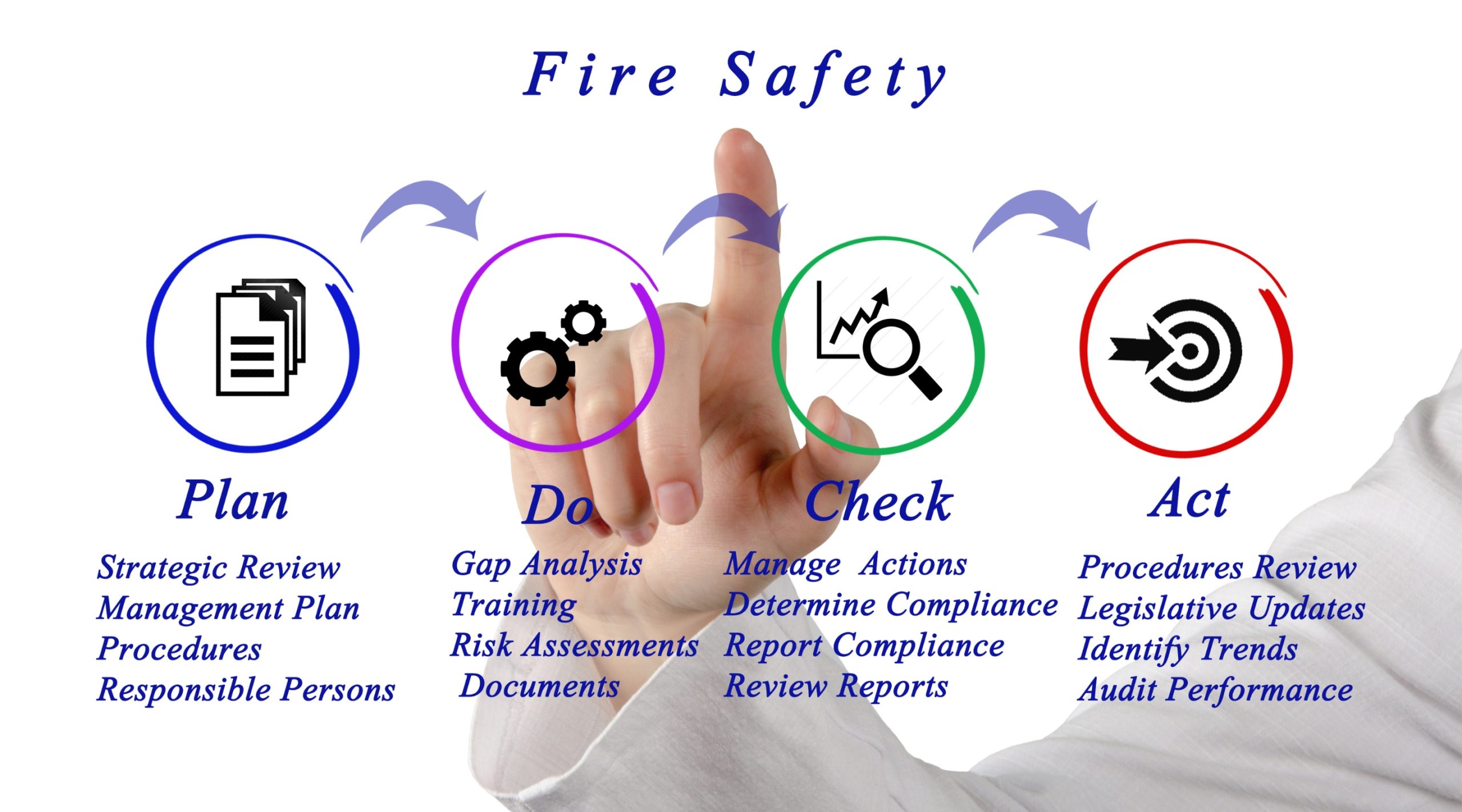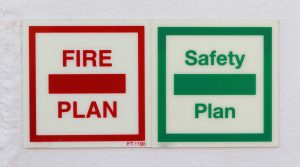
The Legal Requirements for Fire Safety Compliance in Singapore
Introduction
Fire safety is a critical aspect of building management and operations in Singapore. The government has implemented stringent regulations to ensure the safety of occupants, properties, and businesses. Understanding and complying with these legal requirements is essential for building owners, tenants, and businesses to avoid penalties and ensure a safe environment. This article explores the key fire safety regulations, requirements, and compliance procedures in Singapore.
Fire Safety Act and the Role of the SCDF
The primary legislation governing fire safety in Singapore is the Fire Safety Act (FSA), enforced by the Singapore Civil Defence Force (SCDF). This act sets out the legal framework for fire prevention, fire safety requirements, and enforcement actions against non-compliance.
The SCDF is responsible for:
Conducting fire safety inspections and audits
Granting Fire Safety Certificates (FSC)
Enforcing fire safety measures through penalties and legal actions
Educating the public on fire prevention
Fire Code (Code of Practice for Fire Precautions)
The Fire Code, officially known as the Code of Practice for Fire Precautions in Buildings, provides detailed guidelines on fire safety measures for different types of buildings. It includes:
Requirements for fire alarm systems, sprinklers, and emergency lighting
Structural fire protection and means of escape
Specifications for fire-resistant materials
Regulations for hazardous materials storage
Building developers, contractors, and owners must ensure that their structures comply with the Fire Code before obtaining approvals for occupancy.
Fire Safety Certification and Licensing
1. Fire Safety Certificate (FSC)
Before a new building can be occupied, it must obtain an FSC from the SCDF. This certificate confirms that the building meets fire safety standards and has been inspected for compliance.
2. Temporary Fire Permit (TFP)
If a building is not fully completed but needs to be occupied temporarily, a TFP may be granted. However, the owner must comply with interim fire safety measures specified by the SCDF.
3. Fire Safety Manager (FSM) Requirement
Under the Fire Safety (Fire Safety Manager) Regulations, certain buildings are required to appoint a Fire Safety Manager (FSM). This includes:
Industrial buildings with an area of at least 5,000 sqm
Commercial buildings above 9,000 sqm
Residential buildings exceeding 24 storeys
The FSM is responsible for conducting fire drills, educating occupants on fire safety, and ensuring compliance with fire safety regulations.
Annual Fire Safety Inspections
The SCDF conducts regular fire safety inspections to ensure that buildings remain compliant. Common areas checked include:
Unobstructed fire escape routes
Functioning fire alarms and extinguishers
Proper maintenance of fire suppression systems
Failure to comply with inspection requirements may result in fines, warnings, or legal action.
Business owners must ensure their premises comply with fire safety laws by:
Installing fire extinguishers and ensuring employees know how to use them
Conducting regular fire drills and emergency preparedness training
Keeping electrical wiring and equipment well-maintained
For businesses dealing with hazardous materials, additional licenses from SCDF may be required.
Consequences of Non-Compliance
Failure to comply with fire safety regulations can result in:
Hefty fines and penalties
Business closure orders
Criminal liability in cases of severe negligence
Repeated non-compliance may lead to revocation of business licenses and legal prosecution.
Steps to Ensure Fire Safety Compliance
To remain compliant with fire safety laws in Singapore, building owners and businesses should:
Engage professional fire safety consultants to assess compliance
Regularly update fire safety plans and conduct training
Maintain all fire safety equipment in good working condition
Cooperate with SCDF during inspections and audits
Conclusion
Fire safety compliance is a legal and moral responsibility for all property owners and businesses in Singapore. By understanding and adhering to the Fire Safety Act, Fire Code, and SCDF regulations, individuals and organizations can prevent fire hazards, protect lives, and avoid legal consequences. Prioritizing fire safety not only ensures compliance but also contributes to a safer and more secure environment for all.






